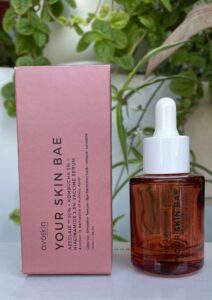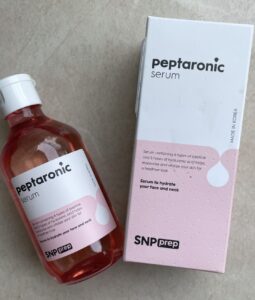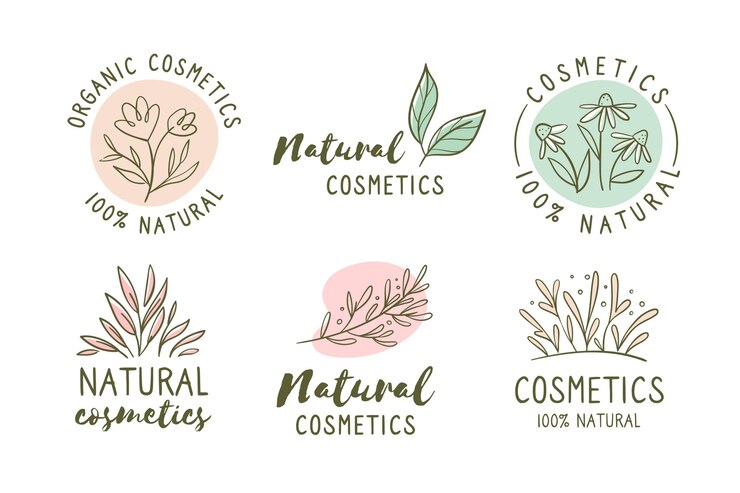
As our planet grows old and climate changes strike in, many people are now in a motion to save the earth for the next generation to come. One of the most popular path taken is ‘Going Back to Nature’, where people’s preference shift from man-made or ‘chemical’ products to nature and organic sourced products. This notion encompasses all life aspects including cosmetics routine. Therefore, it is now very common to encounter cosmetics product labelled with terms such as natural, organic or even words that represent nature as in botanical. So, what does exactly it mean on cosmetics products? Does it really mean what it says in their labels? How to verify it? How does it matter whether it tells the truth or not? Let’s dive deeper into this trending topic in cosmetics industry!

Whether a cosmetic product is natural and organic actually depends on its ingredients’ sourcing. Before 2017, natural and organics ingredients in cosmetic products are easy to claim as there was no clear cut rules to define them. Hence, it leads to misleading product claims and exerts confusions amongst consumers. Currently, the confusion is getting resolved little by little by the help of ISO 16128. The standard is not a certification but comprises guidelines on definitions for natural and organic cosmetic ingredients. It offers a framework to determine the natural content of ingredients as well as formulations, to increase transparency for both manufacturers and consumers.
ISO 16128 is issued in two parts, which mainly explains about:
Part 1: Ingredient characterization. Framework to determine the natural, natural origin, organic and organic origin content of products based on the ingredient characterization.
Part 2: Approaches to determine indexes that apply to the ingredient category defined in the guideline.
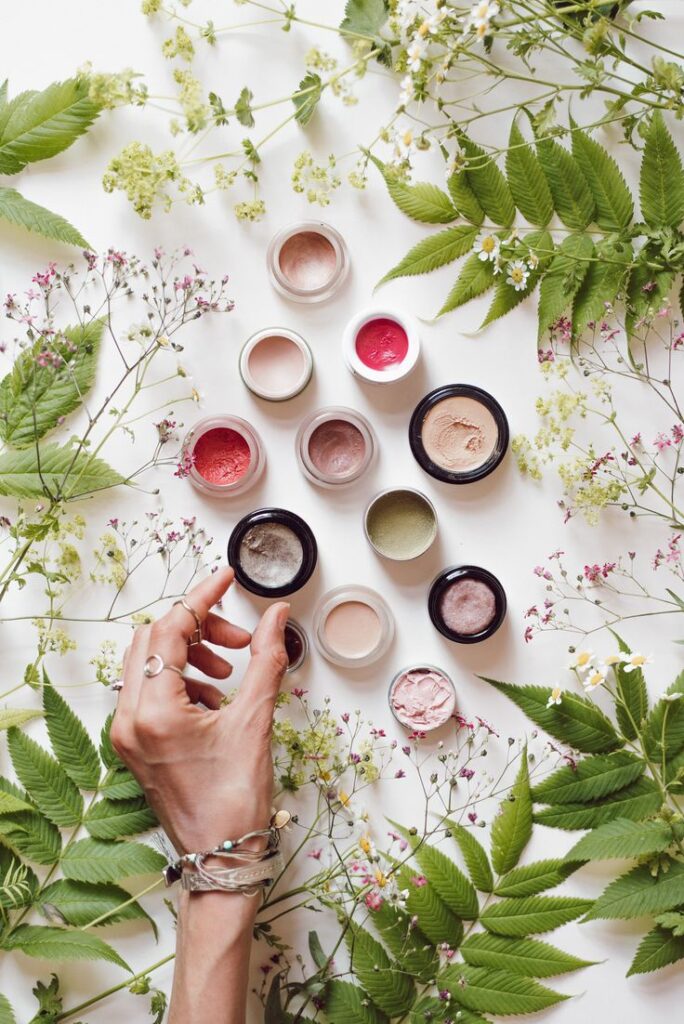
According to ISO 16128, summaries by Croda, cosmetics ingredients are divided into 5 categories which are:
1. Natural ingredient – Natural ingredients are obtained only from plants (including mushrooms and algae), animals, micro-organisms or minerals, including those obtained from these materials by physical processes and extraction using natural solvents. For example is a plant extract obtained by aqueous extraction
2. Organic ingredient – Organic ingredients originate from organic farming methods or wild harvesting, in compliance with national laws. For example is a plant extract grown according to organic farming methods obtained by aqueous extraction.
3. Derived natural ingredient – Derived natural ingredients have greater than 50% natural origin content (by molecular weight or by renewable carbon content) obtained through defined chemical and/or biological processes. is a plant extract obtained by aqueous extraction, then hydrolysis.
4. Derived organic ingredient – Derived organic ingredients are of organic or mixed organic and natural origin. They are obtained through defined chemical and/or biological processes, which do not contain any fossil fuel origin components. For example is a plant extract grown according to organic farming obtained by aqueous extraction, then hydrolysis.
5. Derived mineral ingredient – Derived mineral ingredients are obtained through chemical processing of inorganic substances occurring naturally in the earth, which have the same chemical composition as natural mineral ingredients. For example titanium dioxide.
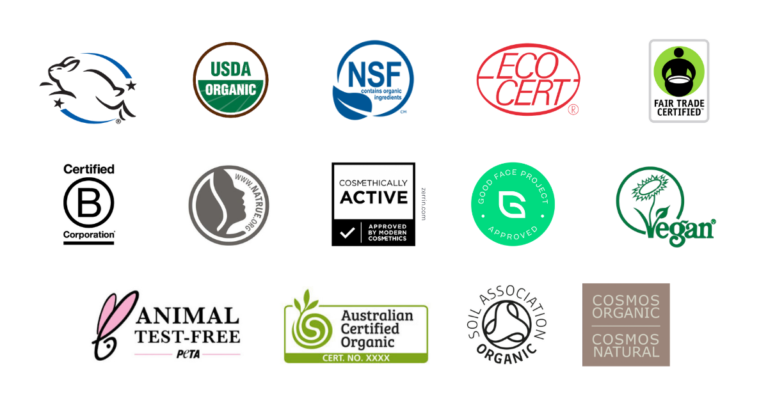
As ISO only serves as an guideline for determining natural and organic terms, how can we be sure that it really is using natural or organic ingredients as it states in their labels? The answer is Certification Body ensures the facts to align with their claims. Dr. Barbara Olioso explains in this article that certification aims to give certainty about a particular quality related to a product or service. Its aim is to give the customer or client a feeling of trust, without them having to dive into complex reasoning and research.
Last but not least, how does this certification matter? Well, in my honest and humble opinion, it really matters to both consumers and manufacturer to maintain the trust between them through transparency so that this huge wave of consumers believing in this notion does not fall into greenwashing and to actually obtain their goals to save the planet while beautifying themselves. 🙂

